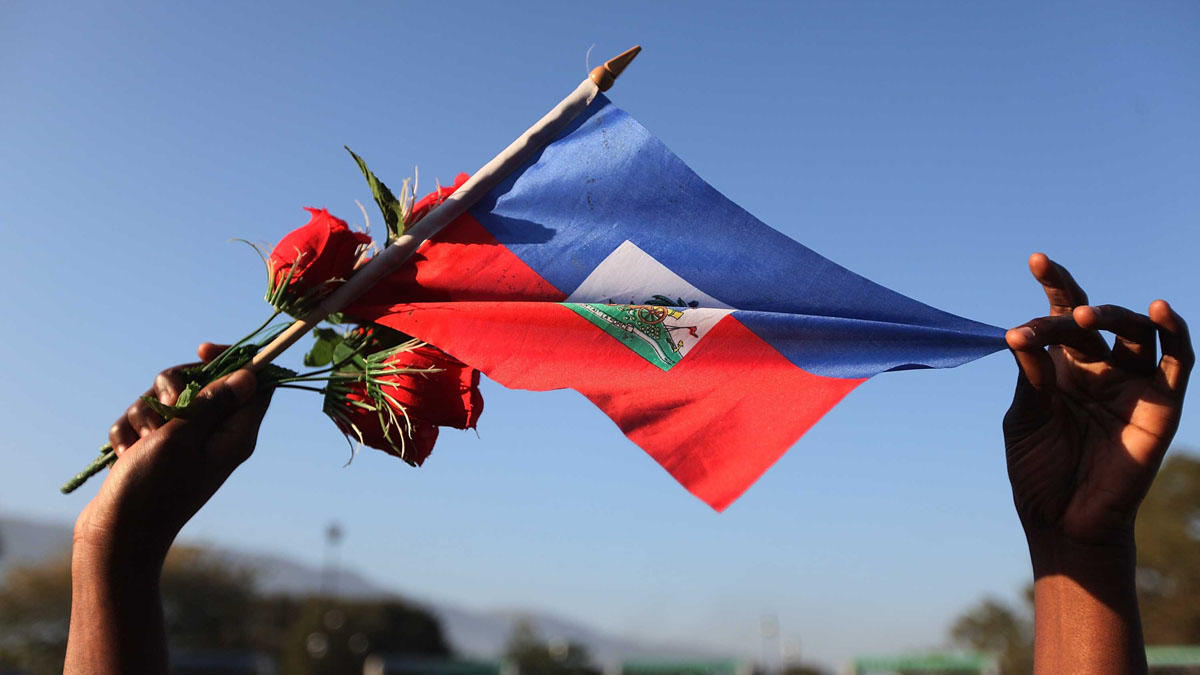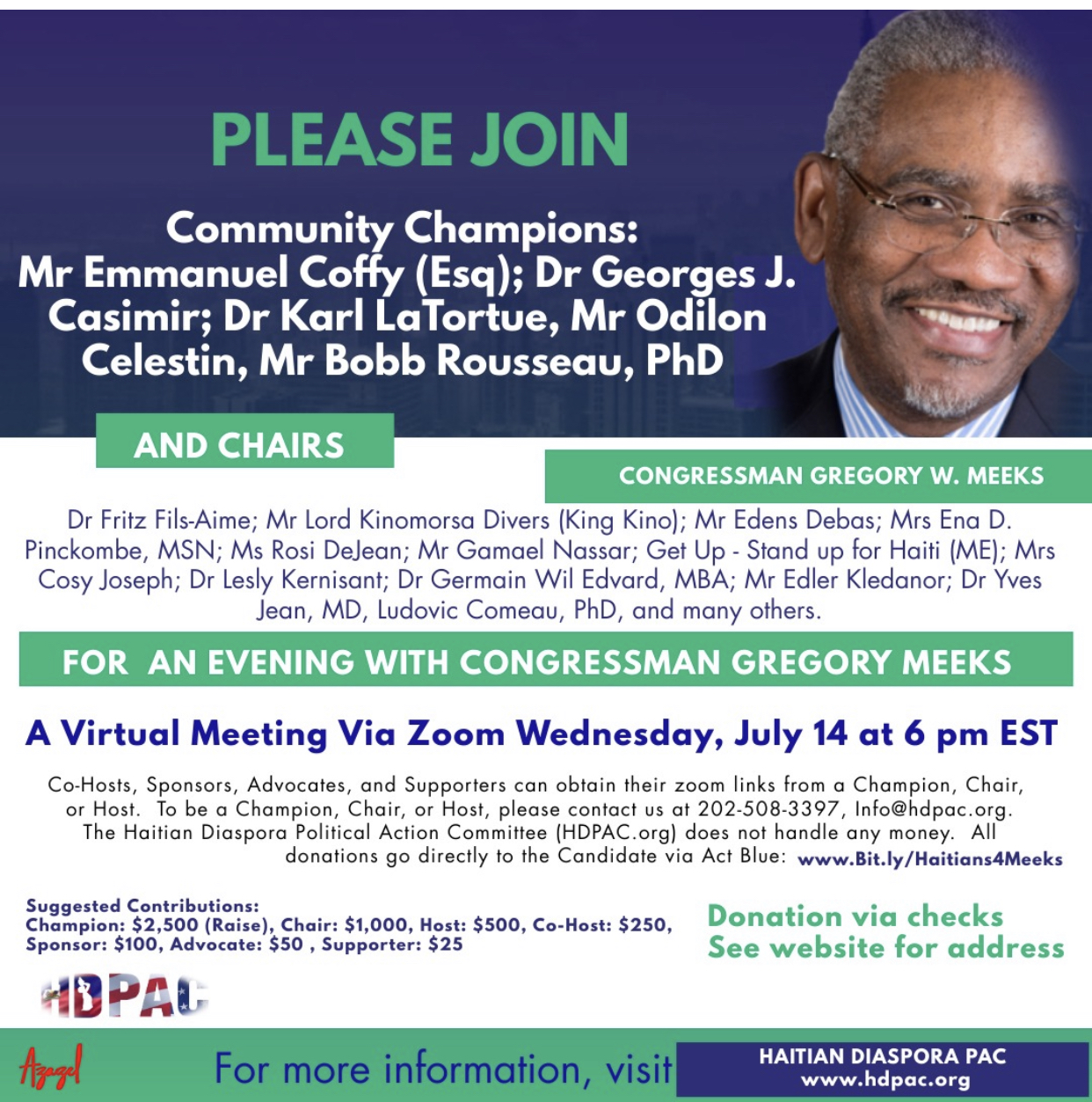U.S. & Haiti
History
The United States and Haiti are the two oldest independent nations in the Western Hemisphere. Haiti became an independent nation in 1804, twenty-five years after the United States declared its independence from England. Very early on, the two contries share a first bond when Haitian volunteers fought at the Battle of Savannah during the US Revolutionary War. The second bond came when the French Army’s defeat in Haiti forced Napoleon to sell the Louisiana Territory to the United States. Having conducted the only successful slave revolt in the world, Haiti had to fight every major western power in order to remain free as a black nation. The United States did not recognize Haiti independence until 1862. U.S. President Andrew Jackson suggested annexing Haiti to gain influence with European nations but never follow through with the idea. US Marines occupied Haiti from 1915 to 1934.
Ultimately, Haitians united in resistance of the US occupation, and US forces left in 1934. Over the years, the United States continued to exercise great influence over Haiti’s affairs. From 1957 to 2005, the United States supported the murderous dictatorship of “papa doc” and “baby doc”. The US tolerated the regime because it was staunchly anti-communist and a counter balance to the communist Cuba during the cold war. When Baby Doc took over after the death of his father, he maintained many of his father policies. In 1986, following popular revolt, the Reagan administration forced “baby doc” to leave and replaced him by a repressive military dictatorship.
US Policy Towards Haiti –
Many policy experts argue that US policy and interventions have made problems in Haiti worse by making the country’s well-being a US responsibility. According to the US State Department, US policy toward Haiti is officially intended to foster and strengthen democracy, help alleviate poverty, illiteracy, malnutrition, promote respect for human rights, counter illegal migration, and prevent drug trafficking.
The US supports and facilitates bilateral trade and investment along with legal migration and travel. US policy goals are met through direct bilateral action and by working with the international community. The US has long taken a leading role in organizing international involvement with Haiti and works closely with the Organization of American States (OAS).
The Haitian American Electorate -
It is estimated that 2 million individuals of Haitian descent live in the United States with 60 percent of whom are American-born. Of the ones born in Haiti, over 60% of them are US Citizens. It also happens that almost 60% of the Haitian-American electorate lives in swing states with Florida (at almost 400,000) forming the largest block. In fact, no Democrats can win a statewide election in Florida without the Haitian-American vote. Moreover, the Haitian-American electorate form an important voting blocks in Georgia and Pennsylvania with a population of more than 60,000 each.


